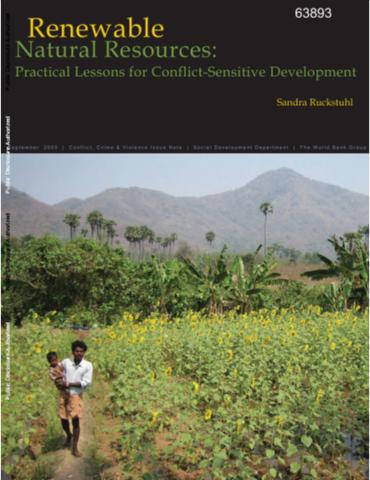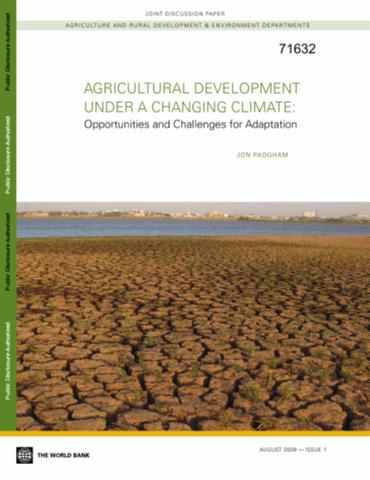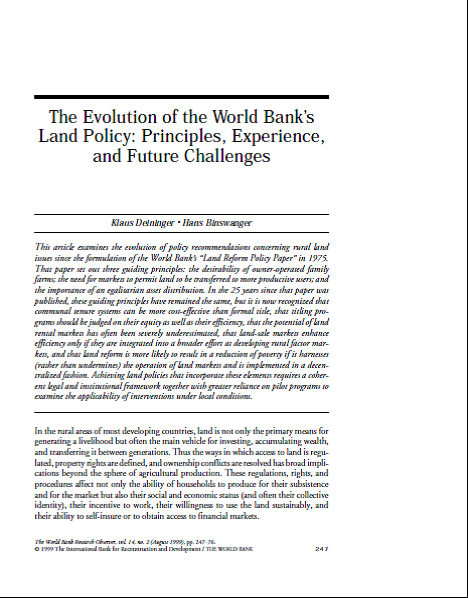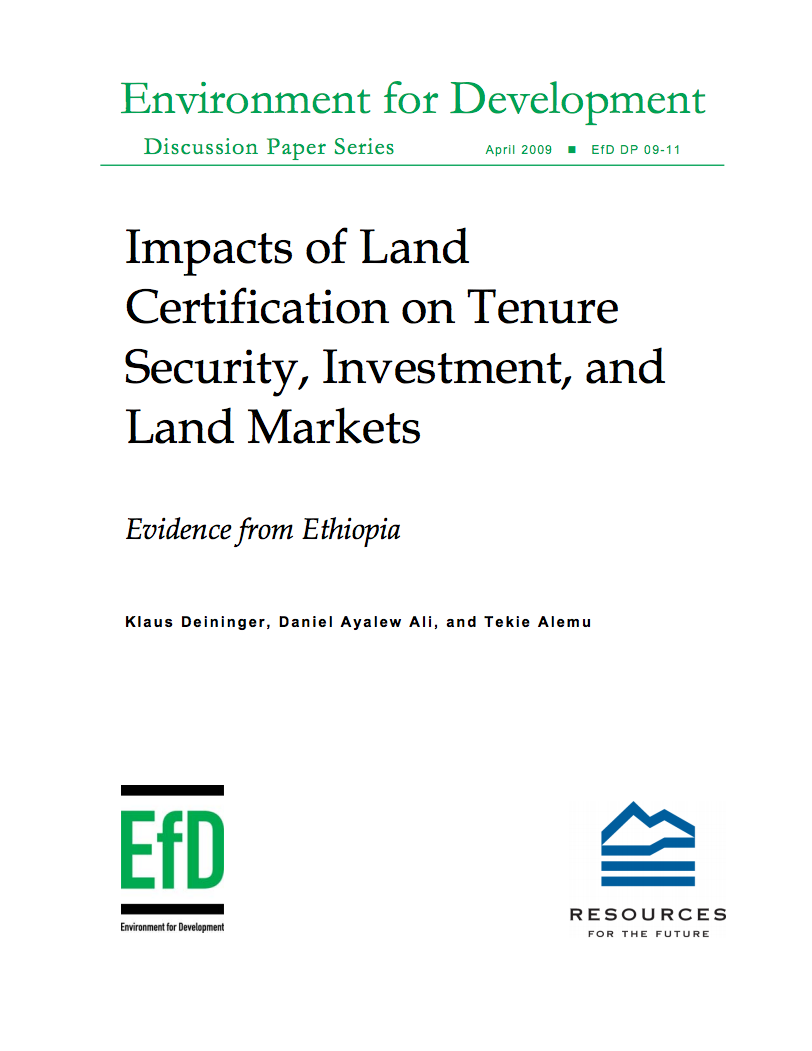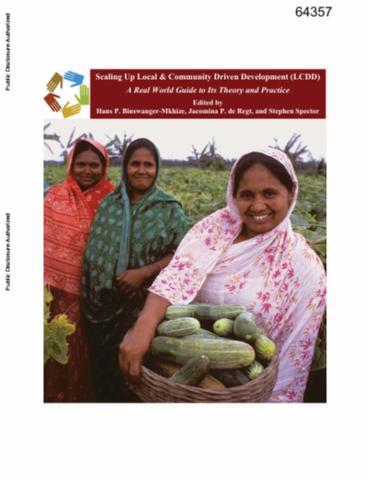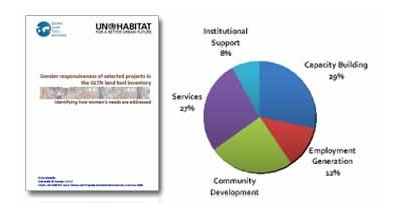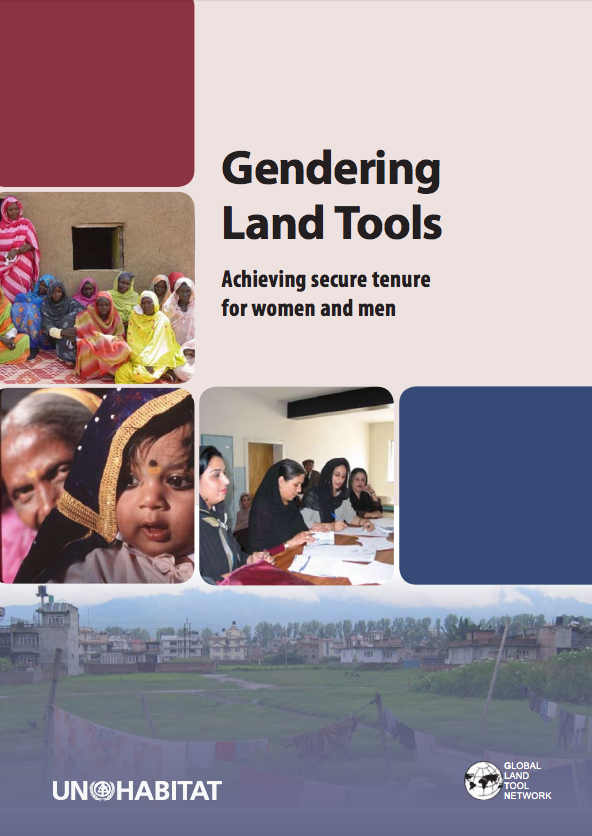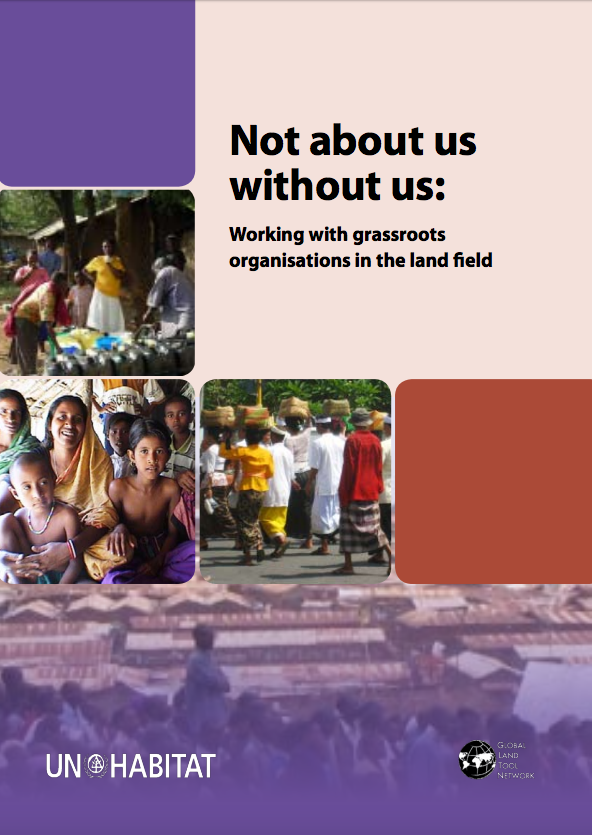Improving Food Security in Africa: Highlights of 25 Years of Research, Capacity-Building, and Outreach.
Decades of research have led to substantially improved understanding of the nature of food insecurity. A combination of economic growth and targeted programs resulted in a steady fall (until the food crisis of 2007/08) in the percentage of the world’s population suffering from undernutrition (from 20% in 1990/92 to 16% in 2006). Yet over a billion people still face both chronic and/or transitory food insecurity due to long-standing problems of inadequate income, low-productivity in agricultural production and marketing, and related problems of poor health and absence of clean water.


